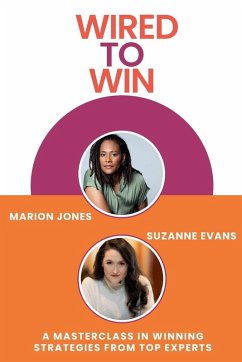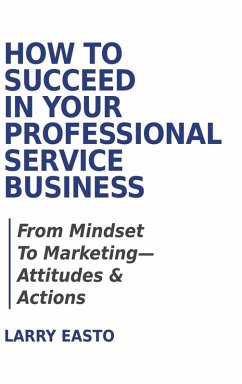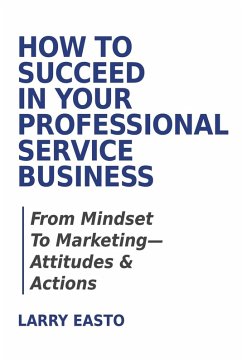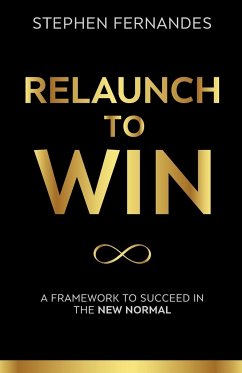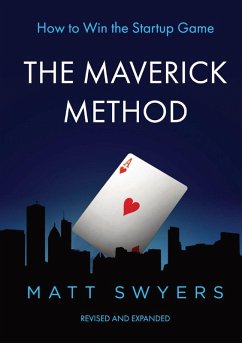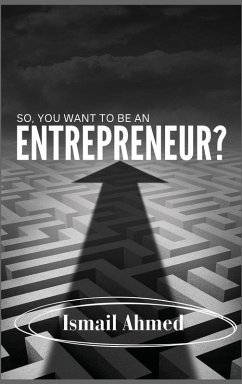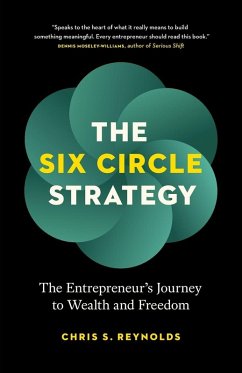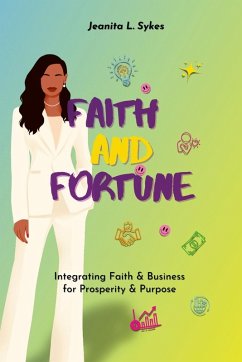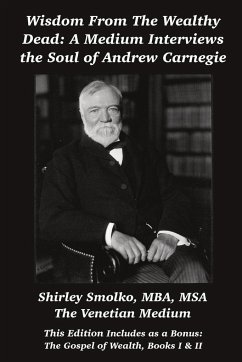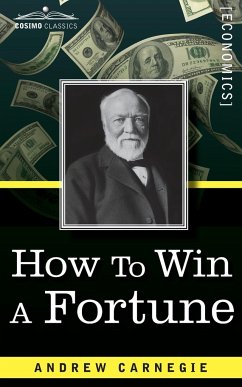
How to Win a Fortune
Versandkostenfrei!
Versandfertig in 1-2 Wochen
9,99 €
inkl. MwSt.

PAYBACK Punkte
5 °P sammeln!
"…Do not hesitate to engage in any legitimate business, for there is no business in America, I do not care what, which will not yield a fair profit if it receives the unremitting, exclusive attention, and all the capital of capable, industrious men." —Andrew Carnegie, from an address at the Curry Commercial College, Pittsburg, 1885 How to Win a Fortune by ANDREW CARNEGIE was originally published in The New York Tribune, April 13, 1890. Carnegie points here to the importance of the self-made man in order to achieve success in business. It is not capital nor family influence, but "real abili...
"…Do not hesitate to engage in any legitimate business, for there is no business in America, I do not care what, which will not yield a fair profit if it receives the unremitting, exclusive attention, and all the capital of capable, industrious men." —Andrew Carnegie, from an address at the Curry Commercial College, Pittsburg, 1885 How to Win a Fortune by ANDREW CARNEGIE was originally published in The New York Tribune, April 13, 1890. Carnegie points here to the importance of the self-made man in order to achieve success in business. It is not capital nor family influence, but "real ability, the capacity for doing things," which was sought after and commanded great rewards. His article "How to Win Fortune" is a notable and valuable contribution to the literature of business and is at the same time a wonderful mine of facts and principles governing what is to many, if not all, the gist of business. Also from Cosimo Classics: Carnegie’s Round the World, Triumphant Democracy, James Watt, An American Four-in-Hand in Britain, The Empire of Business, The Gospel of Wealth, The ABC of Money, and Autobiography of Andrew Carnegie.





